Experience and Explore Pennsylvania State Parks
Mountains and rolling hills dotted by picturesque valleys dominate the state of Pennsylvania. Over fifty percent of the state is covered in forest, and this abundance of natural beauty makes the Keystone state a haven for explorers. Pennsylvania has 121 state parks, 12 of which have earned the designation as a National Natural Landmark. From wildlife viewing to waterfalls and old growth forests, hikers, swimmers and anglers will find the adventure they are looking for in Pennsylvania.
Here are six fantastic reasons to experience Pennsylvania State Parks.
1. Tackle tough and diverse hiking trails
Destination: Worlds End State Park
Worlds End State Park may not have the easiest hiking trails in the state, but what it lacks in flat walking paths it makes up for in its geographic diversity. Hikers at Worlds End State Park will encounter rocky and steep trails, but those tough trails lead to waterfalls, gorges, babbling creeks and stunning vistas—the effort is truly worth the reward. For a beautiful but challenging hike, try the Canyon Vista Trail, a 4-mile loop that leads hikers to a jaw-dropping view of Loyalsock Creek gorge. Book a campsite.
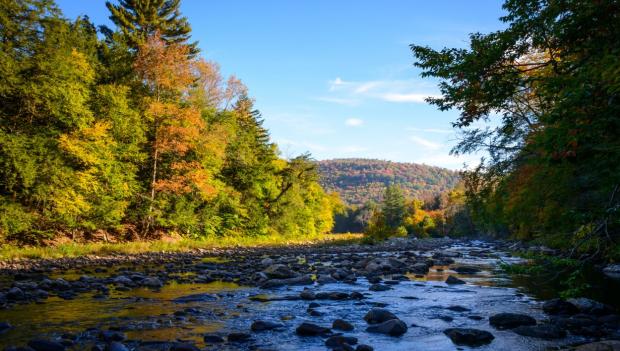
2. Catch a glimpse of elk, bald eagles and bobcats all in one place
Destination: Sinnemahoning State Park
Settled between Elk State Forest and Susquehannock State Forest, Sinnemahoning is home to an abundance of wildlife and offers visitors a good chance to catch a glimpse of the resident animals in any season. January through March a pair of nesting bald eagles build their nest and lay eggs in the park. In the fall, elk enter their breeding season, entertaining visitors with their calls and grunts as a part of their mating ritual. Bears, bobcats, coyotes and birds are also frequently seen in the park. All it takes is a good pair of binoculars and a little patience. Book a campsite.
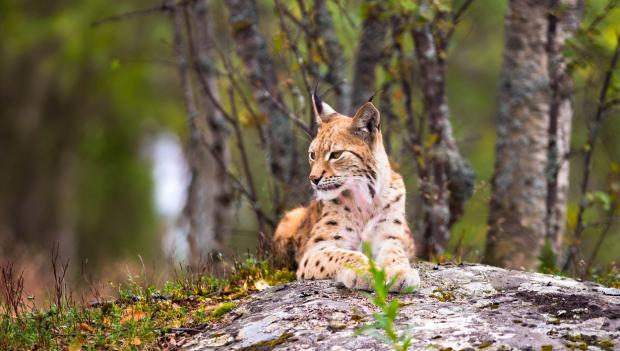
3. Experience the beauty of a bridal veil waterfall
Destination: Ohiopyle State Park
Known as the gateway to the Laurel Highlands, Ohiopyle State Park is a 20,500-acre park famous for the 20 miles of Youghiogheny River that pass through its borders. Those that don’t mind chasing waterfalls can do exactly that at Ohiopyle, as the park has five waterfalls within its boundaries. The tallest, 30-foot Cucumber Falls, is a bridal veil waterfall that spills into a scenic amphitheater-like grotto, and can be reached by hiking the Meadow Run Trail. If you’re looking for a bit of adventure, the park also has two natural waterslides. Book a campsite.
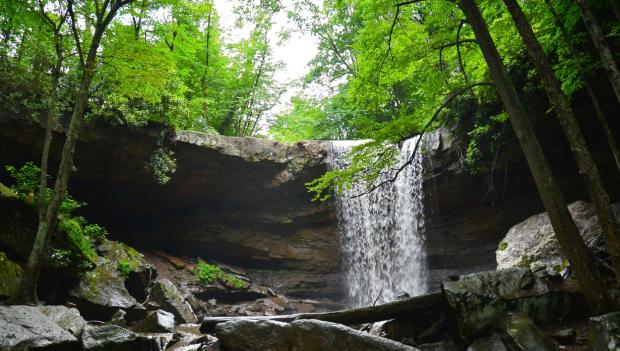
Let’s Go Camping: Search for the best campgrounds in Pennsylvania.
4. Dive (or swim or boat) into fun on the water
Destination: Bald Eagle State Park
The 5,900-acre Bald Eagle State Park is just one of a number of great places to swim, boat and fish in Pennsylvania. The park features a 1,200-foot long sand and turf swimming beach that beckons visitors to hit the water. If boating and fishing are calling your name, Bald Eagle State Park offers both. The eight-mile long Sayers Lake has a marina with boat slips that are available for rent on a seasonal basis, as well as five boat launches available for public use. The lake is also a great place for anglers to catch crappie, yellow perch, and bass, among other fish. Book now.
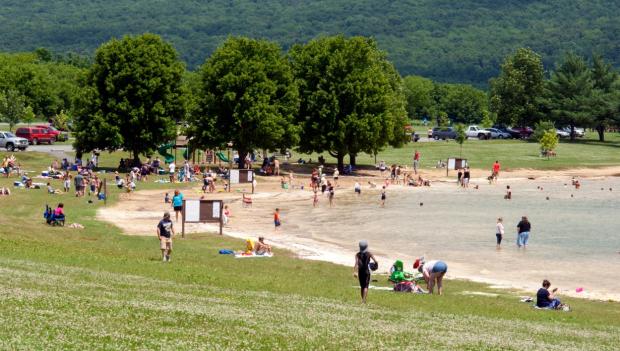
5. Stroll through a National Natural Landmark
Destination: Cook Forest State Park
A National Natural Landmark is an outdoor area that has been designated as significant by the Department of the Interior. Pennsylvania is home to a dozen parks that contain National Natural Landmarks. At Cook Forest State Park, stands of old growth white pines and hemlock, known as the Forest Cathedral, have earned the special designation. These old growth forests give visitors a glimpse into the past, as this forest type once covered all of northern Pennsylvania. Take a walk on one of the eight trails that wind through the Forest Cathedral. Book a campsite.
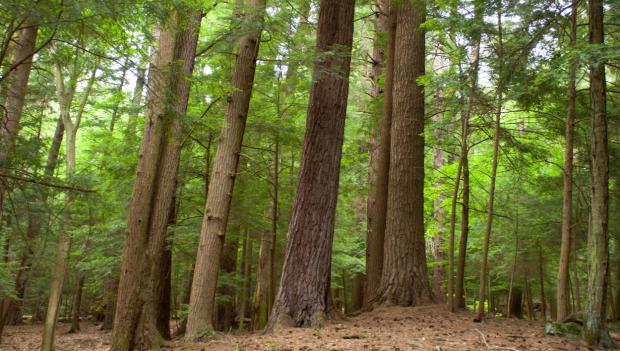
6. Did you know that Pennsylvania’s state parks are pet friendly?
Pet lovers know that an outdoor adventure is a lot more fun when you can bring along your furry friends. That’s why pets are allowed in day-use areas, designated campsites, cabins, cottages and yurts, and all other areas not otherwise posted as closed to pets. Before you pack up your pets for the nearest park, though, remember that they must remain on a leash or be caged or crated at all times. Pets are not allowed in swimming areas or inside of buildings, and they must be up-to-date on their rabies vaccinations. Pet owners are asked to pick up after their pets. Learn more.
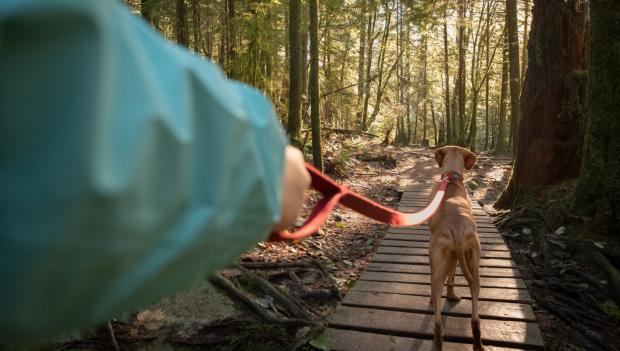
Are you ready for an outdoor adventure? Plan your camping trip!